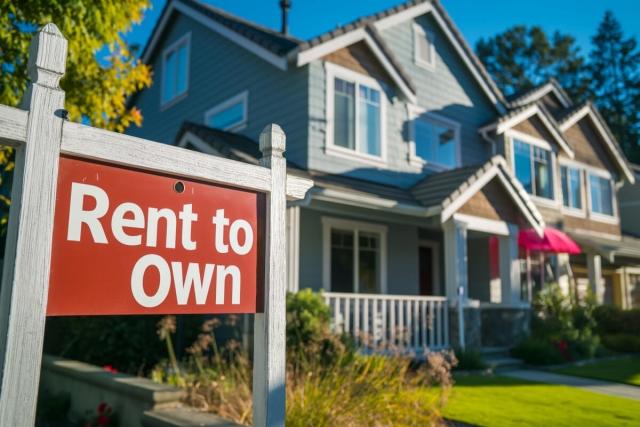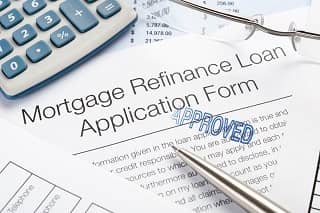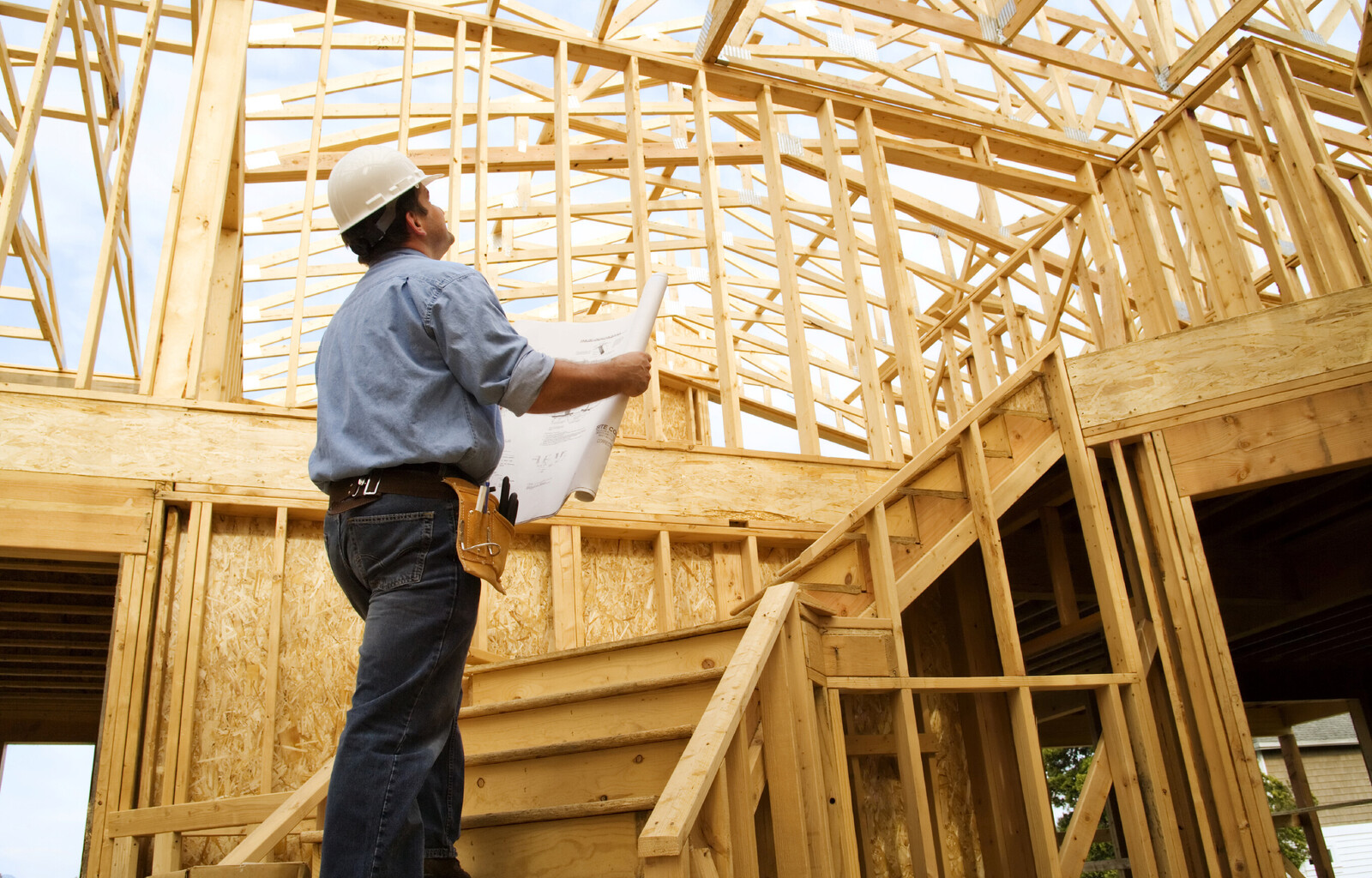Accessible Homes: What to Look for When Buying for Aging Parents
As your parents age, ensuring they live in a safe, comfortable, and accessible home becomes a top priority. Whether you’re planning to move them closer to you or simply looking for a more suitable living environment, finding an accessible home requires careful consideration. Here’s a guide to help you identify key features and navigate the process of buying an accessible home for your aging parents.
Why Accessibility Matters
An accessible home promotes independence, safety, and convenience for seniors with mobility challenges or other age-related limitations. Even if your parents are fully mobile now, planning for future needs can save time, money, and stress down the road.
Key Features to Look for in an Accessible Home
1. Single-Level Living
- A home with all essential rooms—bedroom, bathroom, kitchen, and laundry—on one level reduces the need for stairs.
- Split-level homes or those with steep stairs may pose risks and limit mobility over time.
2. Wide Doorways and Hallways
- Look for doorways at least 32 inches wide to accommodate wheelchairs or walkers.
- Hallways should be spacious enough (36 inches or more) for easy navigation.
3. Step-Free Entryways
- Zero-step entrances eliminate the need to climb stairs to enter the home.
- Ramps or gently sloped pathways are excellent alternatives for homes with a slight elevation.
4. Non-Slip Flooring
- Hardwood, laminate, or low-pile carpeting reduces tripping hazards.
- Avoid slippery surfaces like polished tiles, or consider adding anti-slip treatments.
5. Accessible Bathroom Features
- Bathrooms are critical spaces to evaluate for safety and convenience:
- Walk-in showers with grab bars and seating.
- Raised toilets for easier access.
- Sink and vanity designs that allow wheelchair clearance.
6. Functional Kitchen Layout
- Accessible kitchens include lower countertops, pull-out shelves, and easy-to-reach cabinets.
- Side-opening ovens and lever-style faucets are also helpful additions.
7. Ample Lighting
- Bright, well-placed lighting is essential for seniors with reduced vision.
- Motion-sensor lights in hallways, staircases, and outdoor areas add convenience and safety.
8. Safe Outdoor Spaces
- Check for even surfaces on driveways, patios, and walkways.
- Secure railings on porches and decks add stability.
Other Considerations
Neighborhood and Amenities
- Proximity to medical facilities, grocery stores, and public transportation can make daily life easier.
- Quiet, low-traffic neighborhoods with accessible parks or walking paths offer a peaceful environment for aging parents.
Future-Proofing the Home
- Consider homes with the potential for additional modifications, like installing a stairlift or adding a first-floor bedroom.
- Check if the property has a flexible layout to accommodate changing needs over time.
Home Accessibility Ratings
- Some real estate listings now include accessibility ratings or details. Look for keywords like “universal design” or “ADA-compliant” when searching for properties.
Tips for Buyers
-
Work with an Experienced Real Estate Agent
A local agent familiar with accessibility needs can help you find suitable properties and identify potential red flags. -
Conduct a Home Assessment
If you find a property that meets most requirements, consider hiring an accessibility expert to evaluate whether modifications are feasible and affordable. -
Explore Financing Options
Research grants or loans designed for accessibility renovations, such as programs offered by local governments or nonprofit organizations. -
Get Your Parents Involved
Whenever possible, include your parents in the decision-making process. Their preferences and comfort are essential to finding the right home.
Is It Worth Buying a Home for Aging Parents?
Absolutely! Investing in an accessible home ensures your loved ones can age in place safely and comfortably. It also provides peace of mind, knowing their living environment is designed with their needs in mind.
By focusing on accessibility features and future-proofing options, you can make this transition a positive experience for everyone involved.
Final Thoughts
Finding an accessible home for your aging parents requires thoughtful planning and attention to detail. Whether you’re looking for a move-in-ready property or one with modification potential, having the right guidance can make all the difference.
If you’re ready to start the search or need advice on how to navigate this journey, I’d love to help. Contact me today to discuss your family’s needs and find the perfect home for your aging parents.
Categories
Recent Posts










GET MORE INFORMATION

